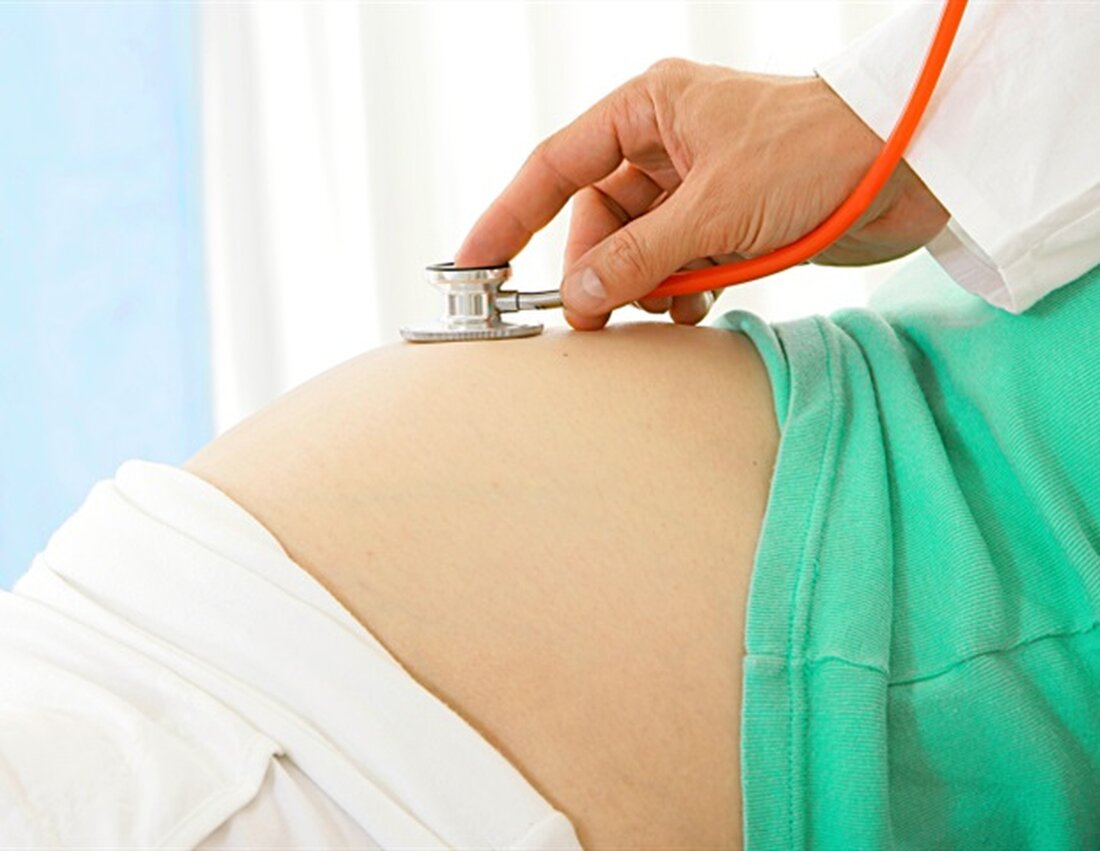The start of sexual intercourse strengthens the vaginal immune system of young women
The immune system in the vagina ramps up after young women begin sexual intercourse, according to a UW Medicine study published today in eLife, an open-access life sciences journal. The changes detected may have important implications for a woman's risk of contracting a sexually transmitted infection (STI). But the authors don't yet know whether the changes increase or decrease the risk of an STI, said lead author Sean Hughes, a researcher in the department of obstetrics and gynecology at the University of Washington School of Medicine. This information is important because it tells us that the immune system in...

The start of sexual intercourse strengthens the vaginal immune system of young women
The immune system in the vagina ramps up after young women begin sexual intercourse, according to a UW Medicine study published today in eLife, an open-access life sciences journal.
The changes detected may have important implications for a woman's risk of contracting a sexually transmitted infection (STI). But the authors don't yet know whether the changes increase or decrease the risk of an STI, said lead author Sean Hughes, a researcher in the department of obstetrics and gynecology at the University of Washington School of Medicine.
This information is important because it tells us that the immune system in the vagina is very sensitive to the onset of sexual activity. We don’t know whether all that immune activity makes someone more or less susceptible to sexually transmitted infections, but it probably has some effect.”
Sean Hughes, Researcher, Department of Obstetrics and Gynecology, University of Washington School of Medicine
"Once we figure out whether immune activity is helpful or harmful in resisting sexually transmitted infections, we may be able to develop interventions to direct immune activity in a helpful direction and make people more resistant to STIs," he said.
Hughes and his colleagues compared vaginal samples taken from 95 young women or adolescent study participants in Kenya before or after the start of sexual intercourse. They found a sharp increase in proteins that control the immune response, including IL-1β, IL-2 and CXCL8, in the first year after the start of sexual activity. These changes were confirmed not to be due to pregnancy or an STI.
The team reviewed data collected in two other studies to increase the size of their sample: A 2016 study in the Journal of Obstetrics and Gynecology included 93 young women in Belgium, and another 2018 study published in the American Journal of Reproductive Immunology included 19 participants in the United States. The combined data from these two studies also showed increased levels of immune-controlling proteins, including IL-1β, IL-2 and CXCL8, after participants became sexually active.
Further studies are needed to confirm the association between the onset of sexual activity and these immune changes and to understand their consequences for young women's sexual health, the report said. Hughes agreed. The study identifies a clear link between sexual intercourse and an increase in immune proteins, Hughes said. But "we can't say for sure whether the initiation of intercourse causes the increase or not," he added.
“We hope to do a study in the future that addresses this question more directly, whether it is a causal or just an association,” he said.
Dr. Alison Roxby and Florian Hladik of the University of Washington School of Medicine were co-leads of the study.
Source:
University of Washington School of Medicine
Reference:
Hughes, SM, et al. (2022) Initiation of sexual intercourse is associated with increases in cervicovaginal immune mediators in young women: a prospective study and meta-analysis. eLife. doi.org/10.7554/eLife.78565.
.

 Suche
Suche
 Mein Konto
Mein Konto
